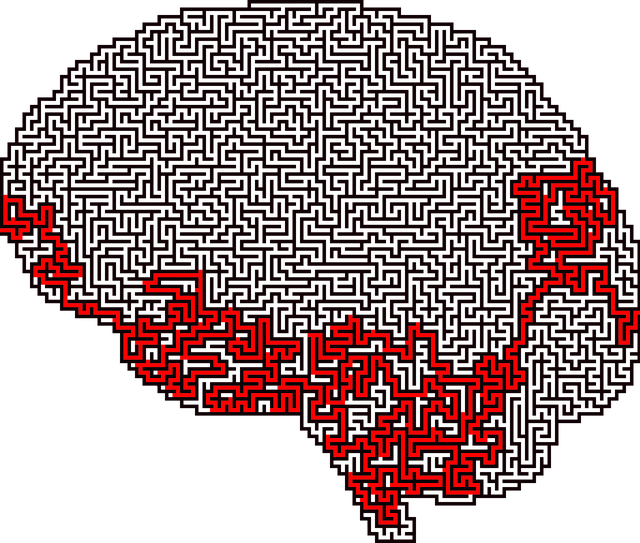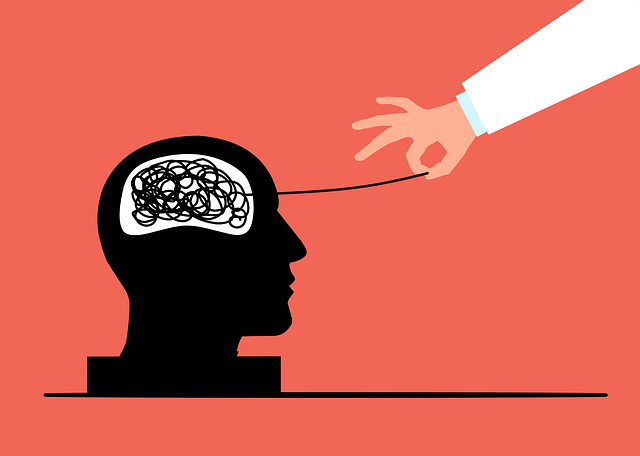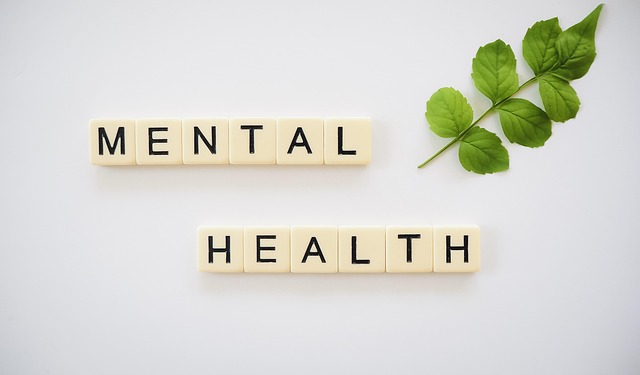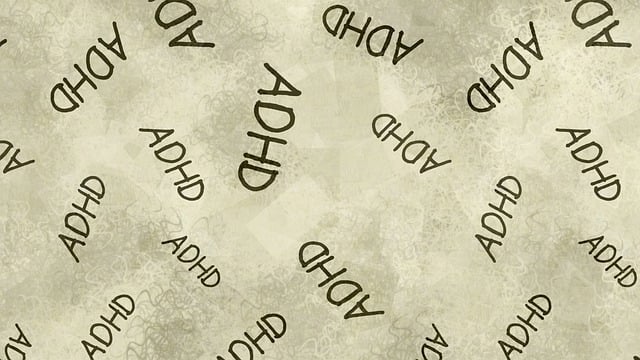Emotional intelligence (EI) is crucial for children navigating life changes, enhancing their emotional literacy and resilience. Through therapy, parents can foster EI, using techniques like CBT and mindfulness to help kids manage moods during transitions. Lifestyle adjustments, including nutrition, exercise, and sleep, also optimize mood regulation. Public awareness campaigns promote the importance of EI in children's mental wellness, especially during major life transitions.
Mood regulation strategies are essential tools for navigating life’s ups and downs, especially in children. This comprehensive guide explores various methods to enhance emotional intelligence and well-being. We delve into therapy tailored for children, focusing on how it assists them in managing major life transitions. Additionally, we cover cognitive behavioral techniques, mindfulness practices, and lifestyle adjustments like nutrition, exercise, and sleep, providing a holistic approach to optimizing mood regulation.
- Understanding Mood Regulation: Unraveling Emotional Intelligence in Children
- Therapy for Children: Navigating Major Life Transitions and Emotional Well-being
- Cognitive Behavioral Techniques: A Powerful Tool for Mood Management
- Mindfulness and Meditation: Cultivating Present-Moment Awareness for Emotional Balance
- Lifestyle Adjustments: Nutrition, Exercise, and Sleep for Optimizing Mood Regulation
Understanding Mood Regulation: Unraveling Emotional Intelligence in Children

Emotional intelligence is a cornerstone in understanding and regulating moods, especially for children navigating major life transitions. Children, like adults, experience a wide range of emotions, and learning to identify, understand, and manage these feelings is crucial for their mental wellness. The development of emotional intelligence helps kids build resilience, fostering an ability to cope with challenging situations and life shifts.
Through therapy for children, parents and caregivers can enhance their little ones’ emotional literacy. This involves encouraging open conversations about emotions, teaching techniques for positive thinking, and integrating these practices into daily routines. Public awareness campaigns development and Mental Wellness Podcast Series Production can also play a significant role in educating communities about the importance of emotional intelligence, providing valuable insights and strategies to support children’s mental health during major life transitions.
Therapy for Children: Navigating Major Life Transitions and Emotional Well-being

Navigating major life transitions can be particularly challenging for children, as they often lack the cognitive and emotional maturity to process significant changes effectively. Therapy for children plays a pivotal role in guiding them through these turbulent times, fostering resilience and promoting their overall emotional well-being.
Through specialized therapy sessions, mental health professionals employ tailored strategies to support young individuals in understanding and managing their emotions during life transitions. These processes, which include risk management planning, help children develop coping mechanisms, build self-confidence, and cultivate a sense of security. Trauma support services are also integrated into these therapeutic approaches, ensuring that any underlying trauma related to the transition is addressed, thereby facilitating smoother emotional healing processes.
Cognitive Behavioral Techniques: A Powerful Tool for Mood Management

Cognitive Behavioral Techniques (CBT) offer a powerful tool for managing and regulating moods, especially during challenging life stages like major transitions or crises. This therapeutic approach focuses on identifying and changing negative thought patterns and behaviors that contribute to emotional distress. By teaching individuals to recognize and challenge distorted thinking, CBT empowers them to develop healthier coping strategies and improve their overall well-being.
For children experiencing mood disorders, CBT can be tailored to their unique needs, helping them navigate through life’s twists and turns with enhanced resilience. The techniques encourage self-awareness, problem-solving skills, and a positive outlook—all of which are crucial for managing emotions effectively. Moreover, public awareness campaigns centered around mental health often highlight the benefits of CBT as a valuable resource for both children and adults facing significant life changes or crises, offering guidance through crisis intervention and boosting confidence in managing one’s emotional state.
Mindfulness and Meditation: Cultivating Present-Moment Awareness for Emotional Balance

Mindfulness and meditation are powerful tools for children navigating major life transitions, offering a therapy for emotional challenges that can enhance their overall well-being. By cultivating present-moment awareness, kids learn to observe their thoughts and emotions without judgment, fostering inner strength development. This practice enables them to better understand and manage their feelings, serving as valuable emotional well-being promotion techniques.
Through regular mindfulness exercises, children gain a deeper connection with themselves, allowing them to develop self-care practices that support their mental health. By incorporating meditation into daily routines, they learn to calm their minds, reduce stress, and improve focus—skills that are invaluable throughout life’s ups and downs.
Lifestyle Adjustments: Nutrition, Exercise, and Sleep for Optimizing Mood Regulation

Lifestyle adjustments play a pivotal role in optimizing mood regulation, especially during challenging periods like major life transitions or when seeking therapy for children. Nutrition forms the foundation of emotional well-being; incorporating nutrient-rich foods and staying hydrated can significantly impact mood stability. Regular physical activity is another powerful tool; exercise releases endorphins, which act as natural mood elevators, helping to alleviate stress and anxiety.
Quality sleep is equally essential; it allows the body and mind to recharge, facilitating better emotional regulation. Adequate rest supports the development of conflict resolution techniques and enhances mental wellness coaching programs. By integrating these lifestyle practices, individuals can actively promote emotional well-being, even during turbulent times, ultimately fostering a more resilient mindset.
Mood regulation is a multifaceted skill that can be cultivated through various strategies, from cognitive behavioral techniques to lifestyle adjustments. For children, navigating major life transitions and integrating therapy can significantly enhance their emotional well-being. By understanding mood regulation and employing evidence-based practices, parents and caregivers can empower kids to manage their emotions effectively. These strategies not only foster resilience but also contribute to a more balanced and fulfilling life, ensuring children can thrive amidst life’s challenges.














